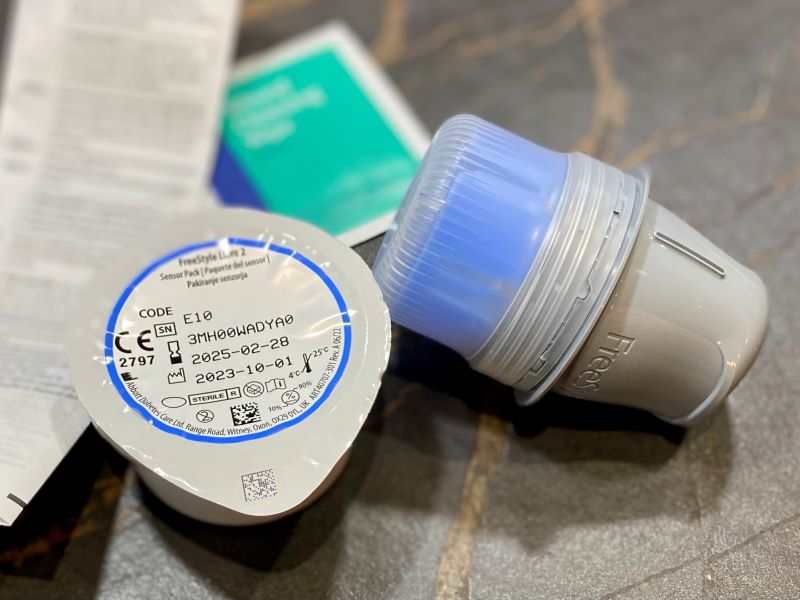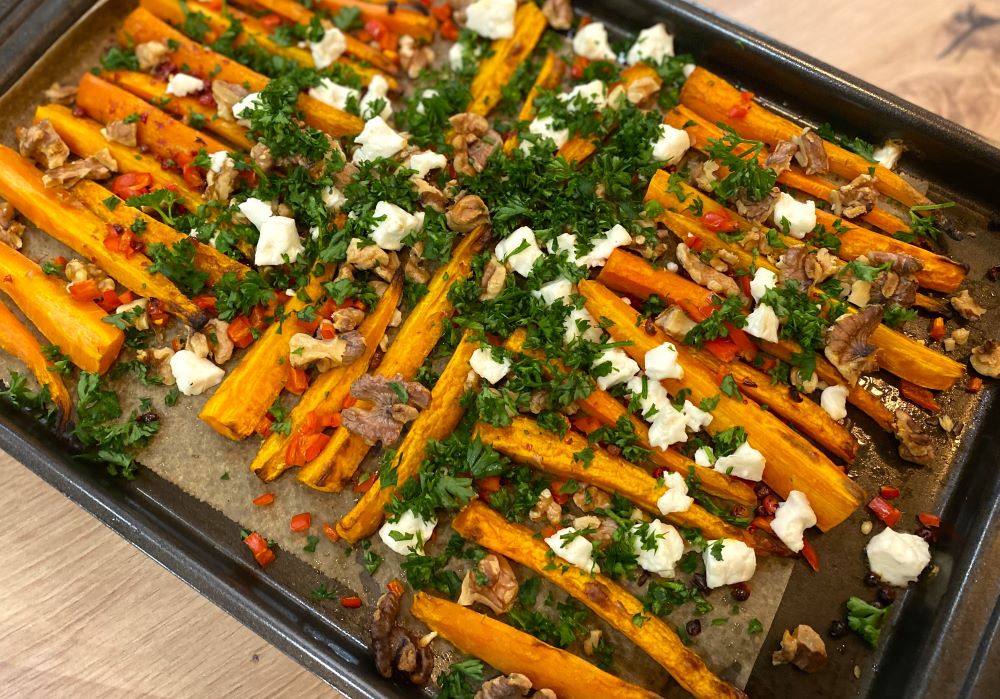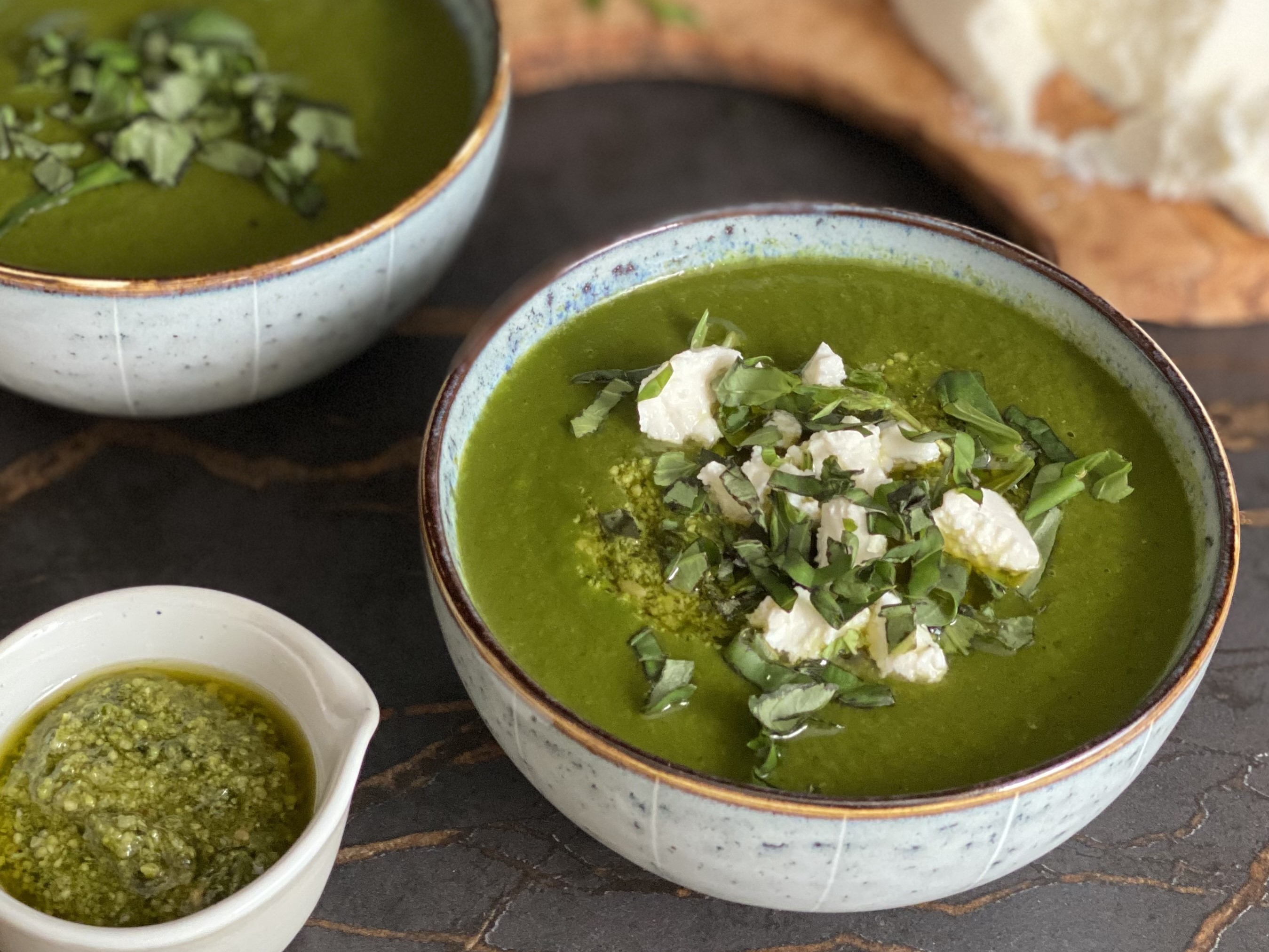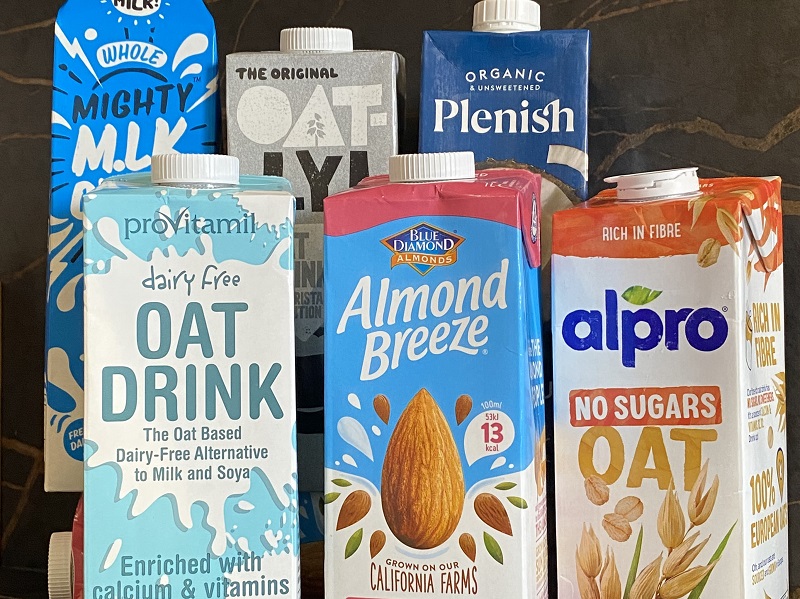Protein for Vegetarians, Vegans and those wanting to reduce meat consumption
We’ve just come to the end of National Vegetarian Week, which is a great chance to go without meat for a week. But as there is still a lot of uncertainty about where else you can get your protein I’ve produced a Plant-Based Protein-Guide. Regardless of whether you want to give up meat altogether or just eat less, this guide will help you understand all the options available to you.
How can you consume more protein without increasing meat?
Choosing to eat less meat is more environmentally sustainable and, over time, can lead to happier lives for animals in the food chain, plus there is plenty of evidence to suggest that eating less meat is healthier too. But the good news is you don’t need to commit to vegetarianism to make a difference; instead buy less often and buy better quality. Yes, organic meat and wild fish are more expensive but if you put less of them on your plate you can manage your budget whilst encouraging improvements in animal welfare.
Plant-based eating and protein
I embarked on my plant-based journey aged eleven and I’ve experienced first-hand some of the pitfalls of completely excluding animal protein so I have a more moderate view these days and have learnt that my own health must come first. I do still prefer to eat something that has been grown in a field rather than grazed in one but I will readily admit that staying healthy on a diet of mainly plants does require attention to nutritional detail. It can be difficult to obtain enough of some essential nutrients, particularly vitamin B12, zinc and omega 3. But the number one concern that most people have is about getting enough protein.
How much protein do you actually need?
There are many recommended intake guidelines for the average person but so many factors need to be taken into consideration to assess if you are average and if this is an adequate amount for you! In particular, those who regularly participate in sport, particularly high intensity or endurance sports such as fell-running, will have higher protein requirements. This is because high intensity or prolonged activity causes a greater rate of tissue damage and muscle breakdown. For similar reasons, protein requirements are greater after surgery, or following an illness, injury or a fracture. Pregnancy is another situation where more protein is required. The following recommend intakes per kilo of bodyweight can be used by men and women to calculate approximate daily requirements:
- Recommended requirement for adults 8 g protein/kg body weight per day
- Recommended requirement for endurance athletes is 2 – 1.4g/kg body weight
Why do we need protein?
Good quality sources of protein are essential for the body to maintain its structural integrity. Not only does eating insufficient protein mean that our body does not have the “building blocks” required for repair and ongoing synthesis of tissues and hormones but it also leads to food cravings and blood sugar instability. Meals that lack protein and are carbohydrate dense can not only play havoc with blood sugar levels but they also do not provide the same level of satiety so you may find yourself overeating or needing to snack more frequently. Protein is essential for:
- Maintaining structural integrity – ligaments, muscle, tendons, skin, cell membranes
- Growth – including muscle building and repair
- Wound and injury healing
- Producing blood cells, genetic material, digestive enzymes, antibodies and hormones
How to increase protein in your diet
Protein is contained in an incredibly wide variety of foods. Animal products are often what most people think of first when considering protein sources. This is probably because animal products contain all the nine essential amino acids (protein “building blocks”). These essential amino acids must be obtained from our diet and so foods containing all nine are termed “complete proteins”. In addition to animal proteins such as meat, fish, eggs, milk and cheese, there are plant-based sources of complete proteins including quinoa, chia seeds, hemp seeds, soya beans and soya bean products.
The majority of plant-based protein sources are termed “incomplete proteins” meaning they are missing one or more essential amino acids. Plant protein sources include vegetables, grains, pulses, nuts and seeds; these offer less concentrated sources of protein but they provide additional macro-nutrients such as healthy fats and/or complex carbohydrates alongside the protein. Plant sources also offer an abundant variety of minerals and vitamins although not Vitamin B12 meaning you’ll need to take a supplement if you permanently exclude all animal products. But by eating a varied diet that combines various protein containing foods you should have no difficulty in getting all the essential amino acids. This is because certain combinations of plant-based proteins can create a complete protein. If you’d like to find out more then click on the link below to access my complete “Protein Explained for Vegetarians and Vegans”.
